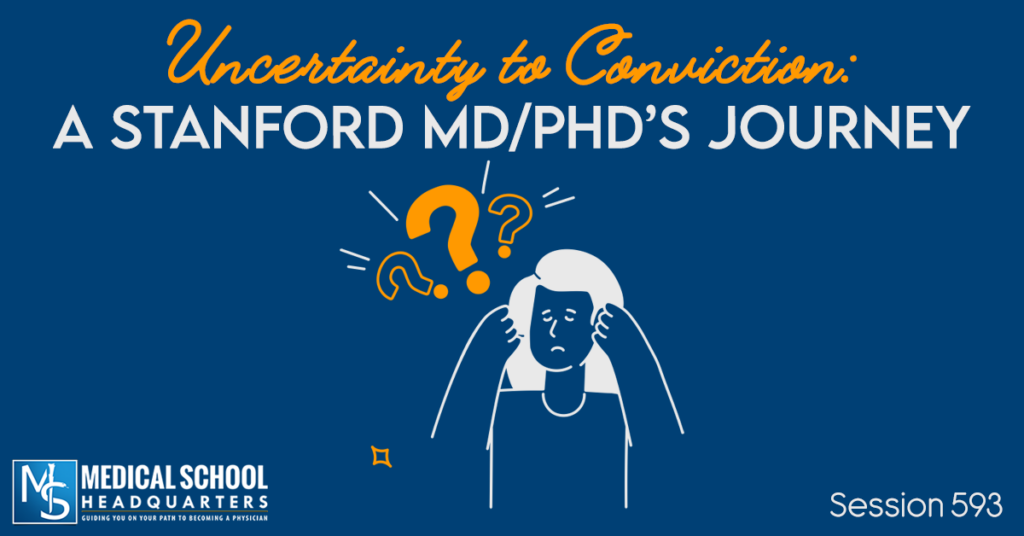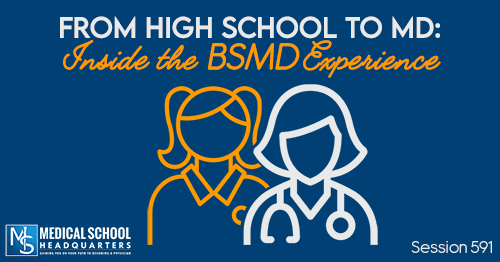No matter what degree you’re pursuing, certain classes are either required of you as a premed or heavily recommended. Some medical schools are moving away from having stringent requirements, but you will almost certainly still need to take the majority of the prerequisites before the MCAT. This gives you the flexibility to take the courses that are most useful to you according to your school and not according to the medical school’s requirements. For example, depending on what your undergraduate institution covers in physics 1, you may or may not need to take physics 2 before taking the MCAT. It’s always a good idea to cross-reference your school’s specific courses with more general recommendations, and this is something that your pre-health advisor can guide you in.
You might be tempted to take the MCAT without the prerequisite science classes, but I strongly recommend against it. Is it possible to do well without these foundational courses? Sure, anything is possible, but it’s not likely. Before taking it, you should set yourself up for as much success as possible by learning the foundations of the sciences covered on the MCAT.
Classes Needed for the MCAT
- Introductory Biology 1 and 2
- General Chemistry 1 and 2
- You might also see this referred to as Inorganic Chemistry.
- You have to take General Chemistry before Organic Chemistry.
- Organic Chemistry 1 and 2
- Some schools only require one semester of Organic Chemistry, but Biochemistry is recommended for the MCAT and might have Organic Chemistry 2 as a prerequisite.
- Physics 1 and 2
- Depending on your school, physics 1 may cover the vast majority of MCAT Physics, but Physics 2 is usually required by med schools. This is where doing your research is helpful.
Other Useful Classes
If you need grade repair, the most valuable and efficient way to do this is by taking upper-division science classes at the undergraduate level. This may include courses like immunology, cell biology, microbiology, or whatever your specific institutions offer.
Some medical schools also require or recommend at least some English coursework. Becoming familiar with reading and analyzing literature will also help you succeed on the MCAT. It is both a test of content and comprehension, and critical thinking. Most schools do not require specific psychology or sociology coursework. You might still want to take a psychology class to prepare for the MCAT.
Finding Out What’s Required of You
MSAR is an excellent resource for checking what allopathic schools require and what course formats they accept. Some schools started accepting online classes during the pandemic, Check their websites for details on whether online classes are accepted. Some have moved toward always accepting online classes, while others will only accept classes taken during Spring of 2020 or some other limited timing. For osteopathic
schools, the best place to find information about their policies is their websites.
When you take these classes will depend on many factors. There is no set correct timeline. Find a timeline for taking these classes in a way that works for your life.
Helpful Links and Resources
Old Premeds Podcast Session 116: Can I Take the MCAT and Apply to Medical School Without Prereqs?







